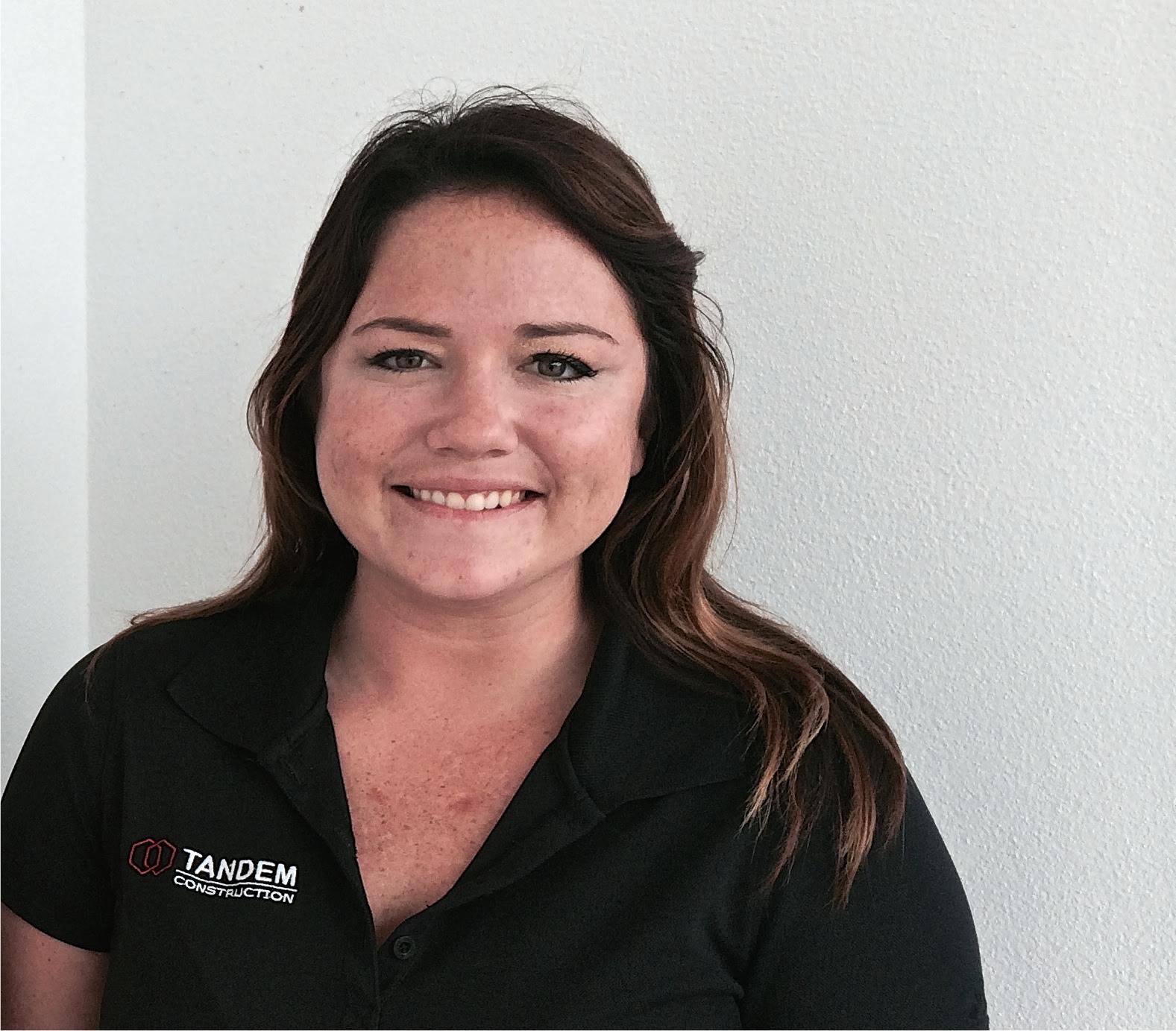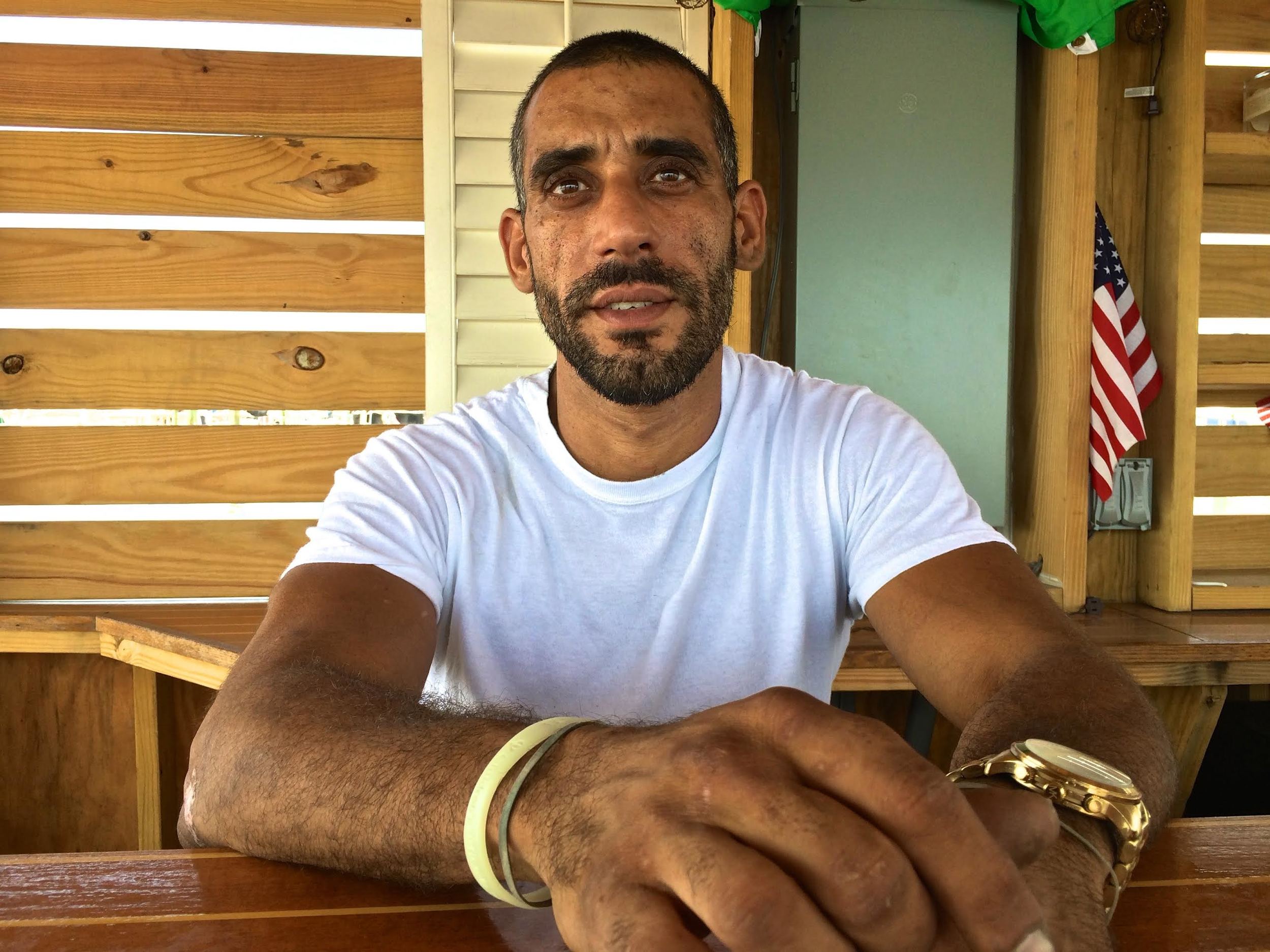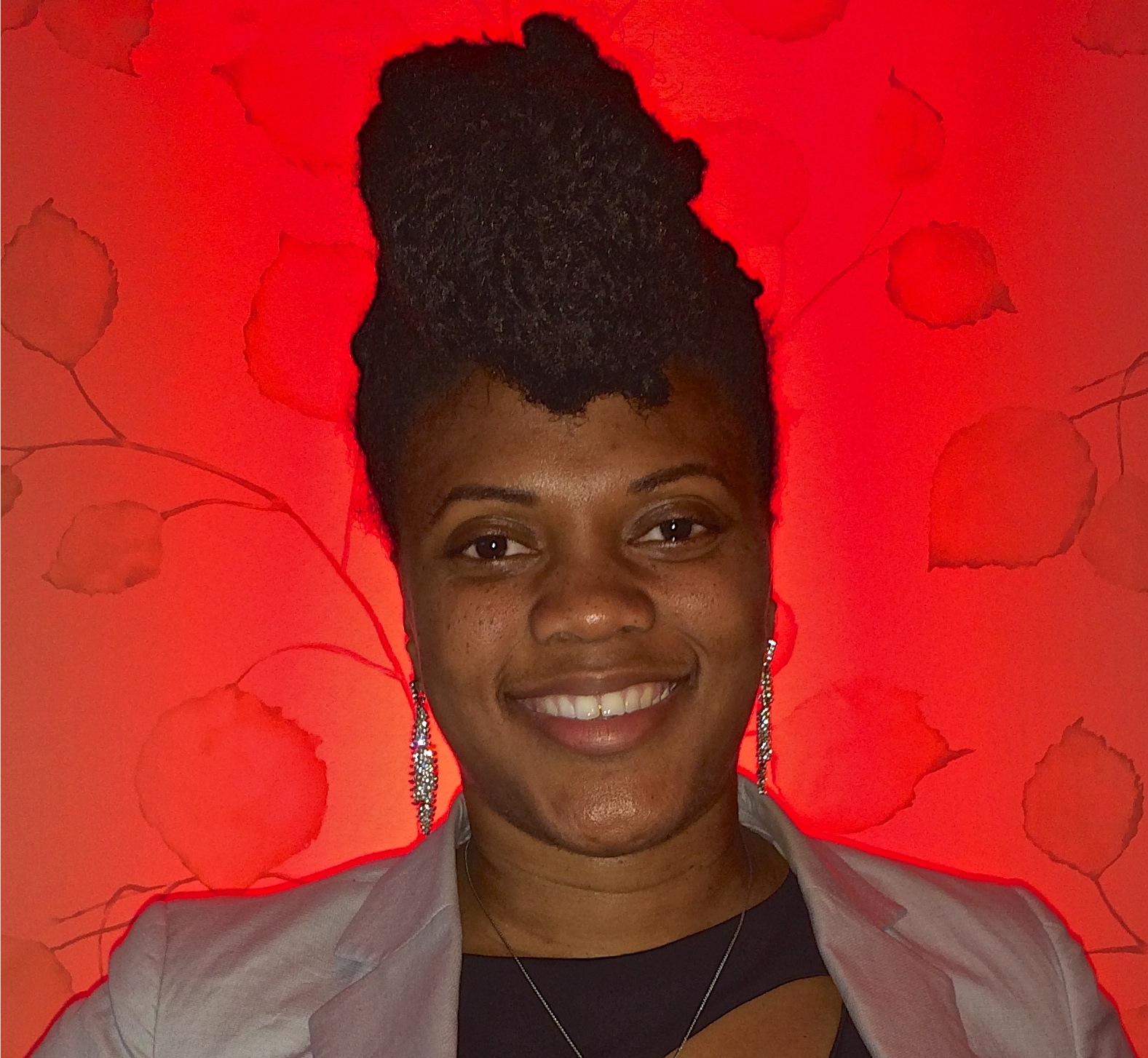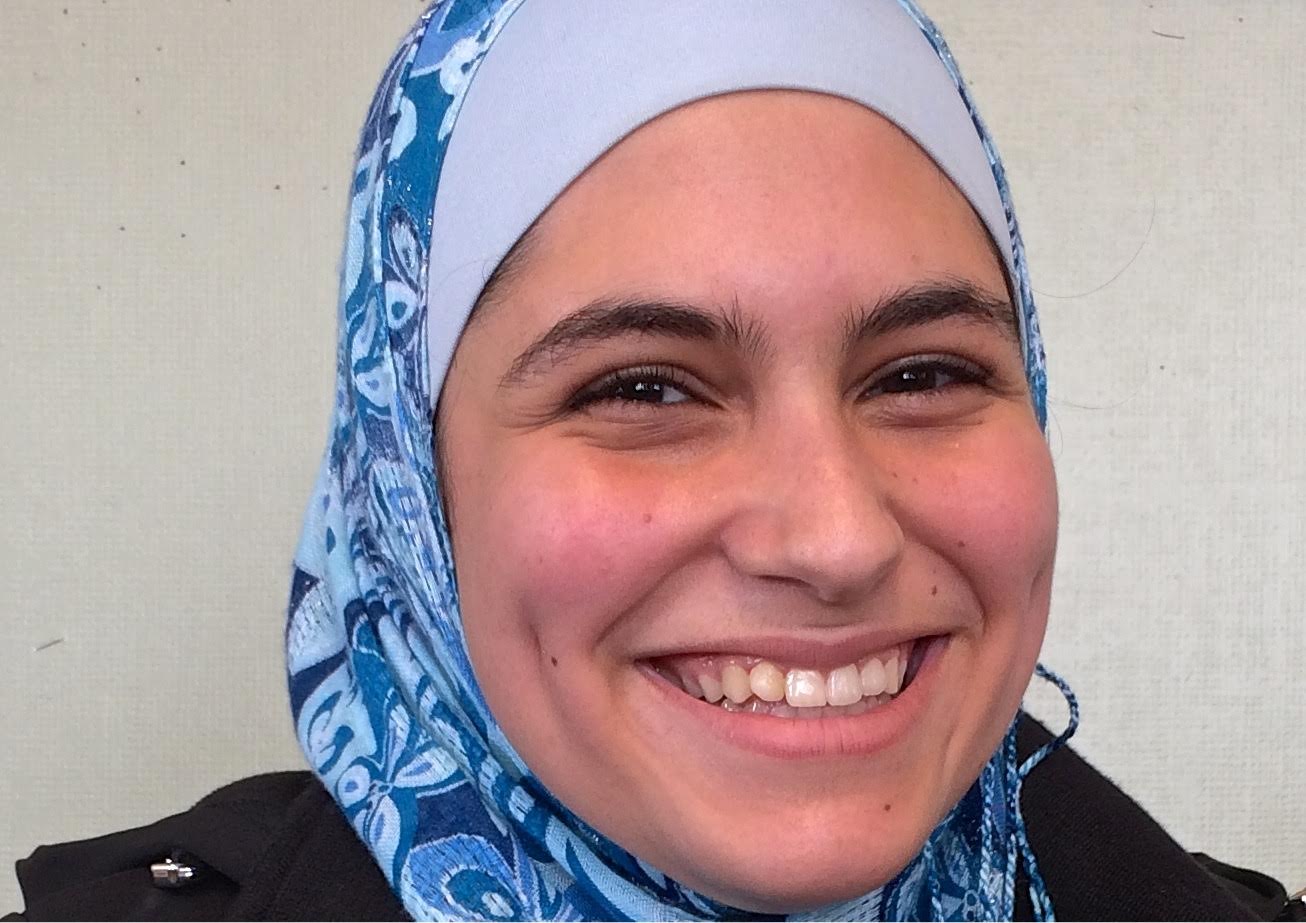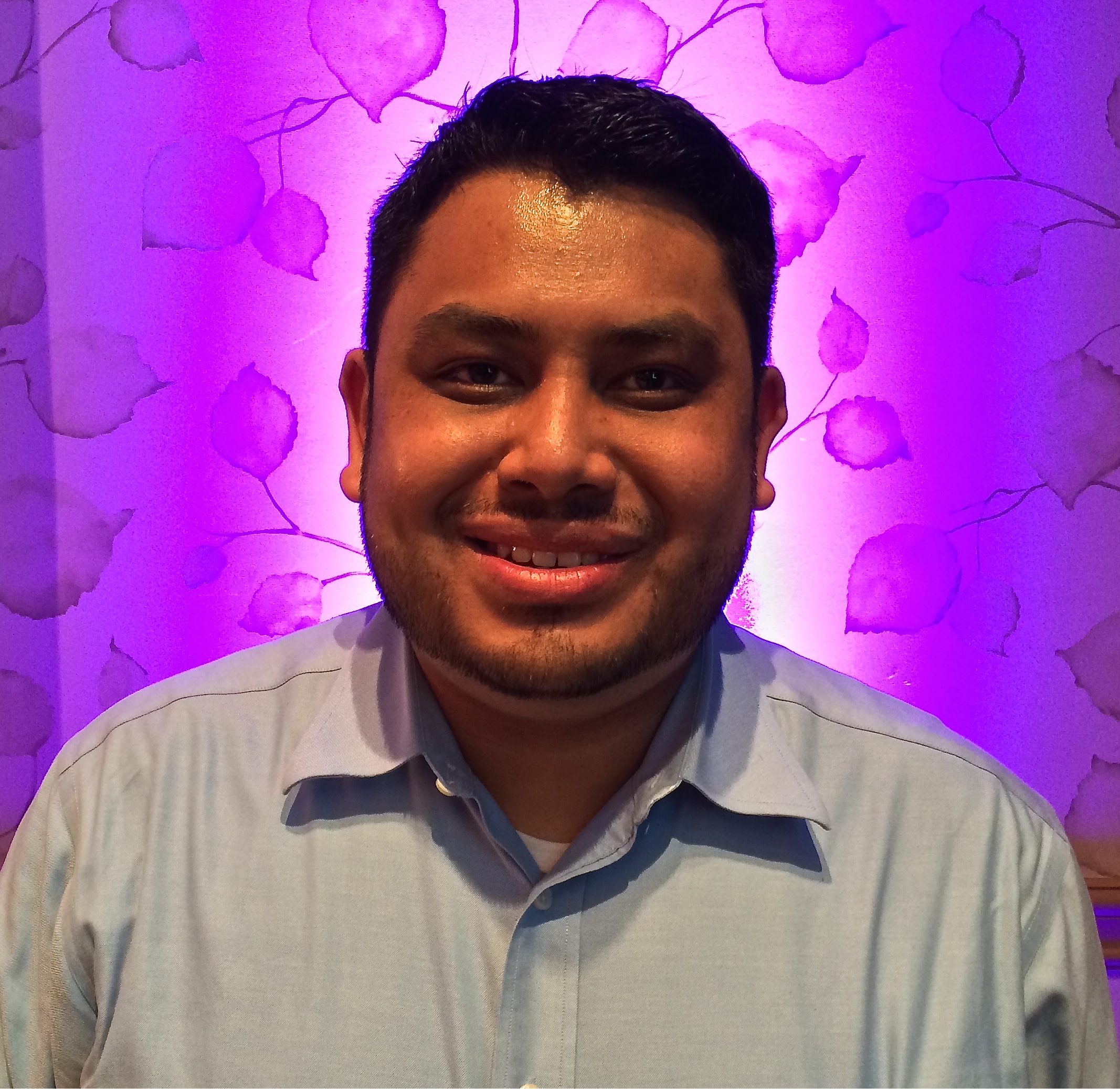KEMA CLARK, 30
BROOKLYN, NEW YORK
When 30-year-old Kema Clark dropped out of beauty school almost three years ago, she was $20,000 in debt. But she was happy, finally realizing her goal to be a professional hair stylist. She had spent six increasingly grueling years as a safety agent in New York City public schools, where her nerves frayed after breaking up countless hall fights and countering gangs. “One day I didn’t go to work because I had a bad feeling. And that same day, three boys got shot, one was killed, one was hit in the leg, and one was grazed. The kids were roaming around inside. The perp was roaming around outside the school.” Clark looked straight toward her goal. It was tough to give up the steady pay and the generous benefit plan her full time union position afforded, but she had to seize greater control over her own life, and she was confident she could gain enough experience and skills to own a salon of her own.
These days, Clark has a station at the Drybar franchise in midtown Manhattan, and she has been working on a business plan. “Someone wants to invest in me to start my own business,” she says, brimming with confidence. She says she is fortunate to have moral support from her tight-knit family. Clark’s mentor is her cousin, also in the beauty business. “She travels and does hair… She was doing everything I wanted to do. She gave me the motivation…the inspiration.” Clark now seeks a business management degree and attends Empire State University in Brooklyn where coursework is designed for full time workers pursuing a college degree through independent study. It’s a blended experience of online and in class learning. Each semester costs $2,500, a payment Clark finds affordable as long as there is a payoff at the end of her studies.
“I had to make a plan before I could do anything. I had to show myself how I was going to pay for school and cover all of my bills, and actually have the time to do it all.”
Clark knows she would flourish with a strong mentor who is at the top of her field – someone who could critique Clark’s work, offer innovative strategies, and share the realities of operating a competitive business. Approaching a prospective mentor – someone who is intensely busy, too – might be intimidating daunting to some. Clark sees it as a necessary step toward realizing her own advancement. And she hopes to return the favor one day to another aspiring salon owner.



